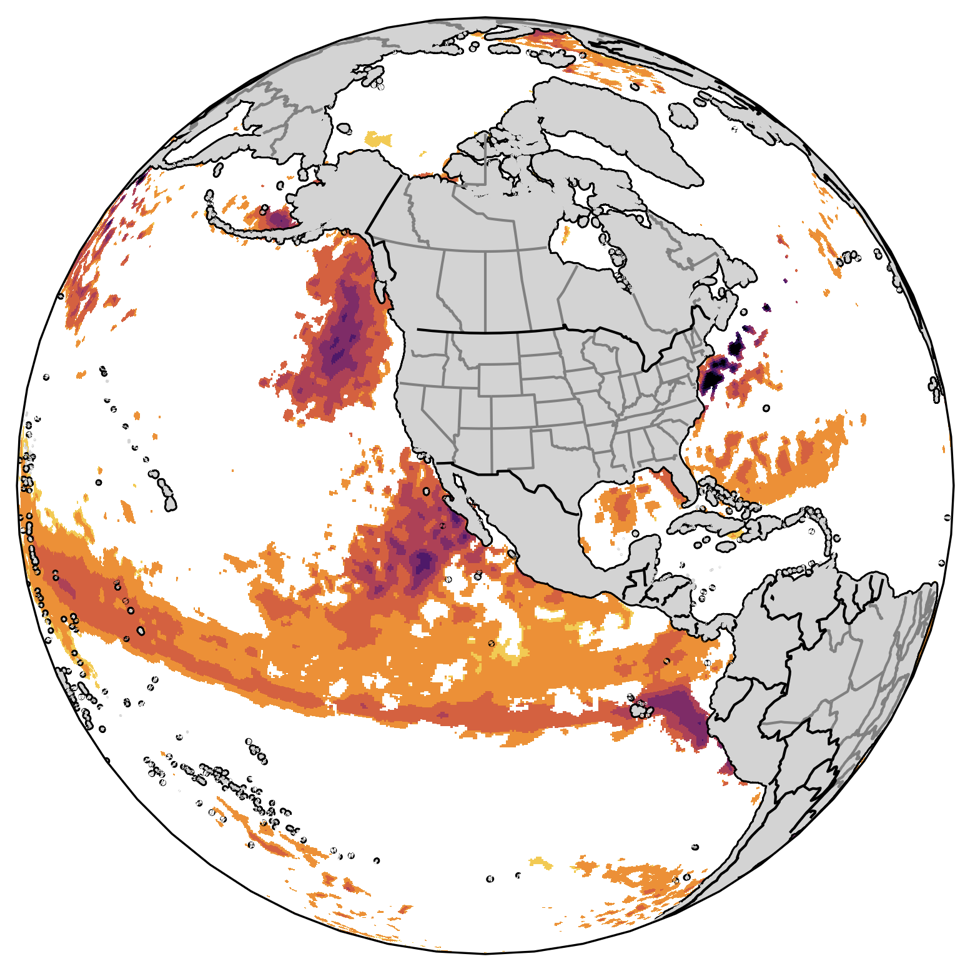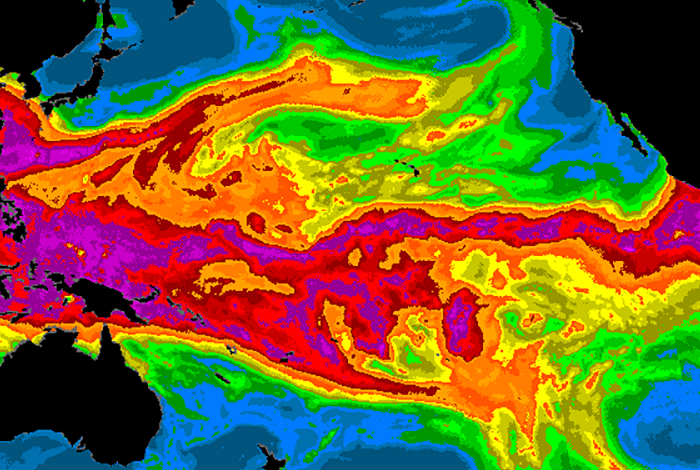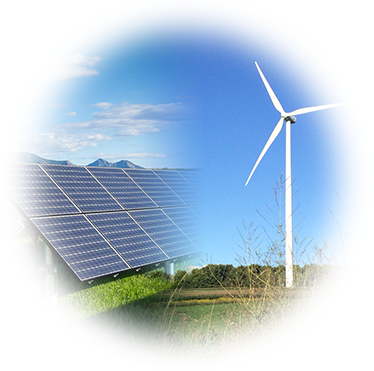PSL Web Products and Tools: Climate/Weather Topics
PSL has created a set of web products and tools that we have found useful in our research. The following are sites with useful web links for selected topics.
Topics
- Marine Heatwaves
- Marine heatwaves are periods of persistent anomalously warm ocean temperatures, which can have significant impacts on marine life as well as coastal communities and economies. Scientists at PSL are working to characterize marine heatwaves, understand how they form and dissipate, and predict them in advance. The page provides current ocean maps, forecasts of heatwaves, interactive tools for users to explore ocean heatwaves themselves, links to research results and to webpages at other institutions.
|  |
- Atmospheric Rivers
- Atmospheric Rivers (AR) are relatively narrow regions in the atmosphere that are responsible for most of the horizontal transport of water vapor outside of the tropics. PSL studies them to better understand their potential impacts.
|  |
- Climate Change
- Results from climate model simulations of extremes for the 20th and 21 centuries including maps and time-series.
|  |
- El Niño/La Niña (ENSO)
- Current conditions, historical climate and weather relationships and PSL ENSO related research topics.
|  |
- The Madden Julien Oscillation (MJO)
- Detailed description of the phenomena along with the current conditions, forecasts and how the MJO is related to current weather/climate around the Earth.
|  |
- Boulder Colorado Climate and Weather Resources
- Historical weather, interesting weather events, records and regional climate and weather information.
|  |
- Interesting Radar images
- A collection of radar pictures from interesting weather events like Kelvin Helmholtz waves, thunderstorms and mountains waves.
|  |
- Atmospheric Research for Renewable Energy Development
- Wind power is a variable power source, dependent on weather conditions. Having advance knowledge of when wind power will ramp up or down through accurate weather forecasts can lead to significant improvements in the efficiency of operation of fossil fuel plants, as well as the entire electrical grid system, resulting in lower costs as well as lower CO2 emissions. PSL deploys instruments and analyzes observations of the boundary layer and lower troposphere, especially using radar wind profilers and microwave radiometers among other instruments. These instruments provide data sets to be assimilated into numerical weather prediction models and that can be used to improve the physical parameterization schemes in those models..
|  |















